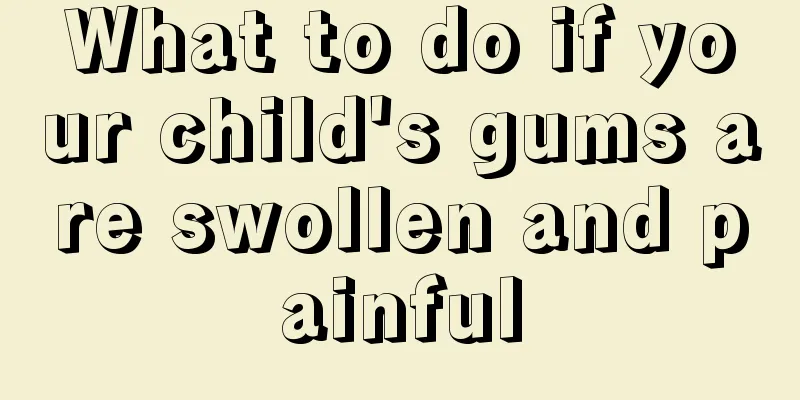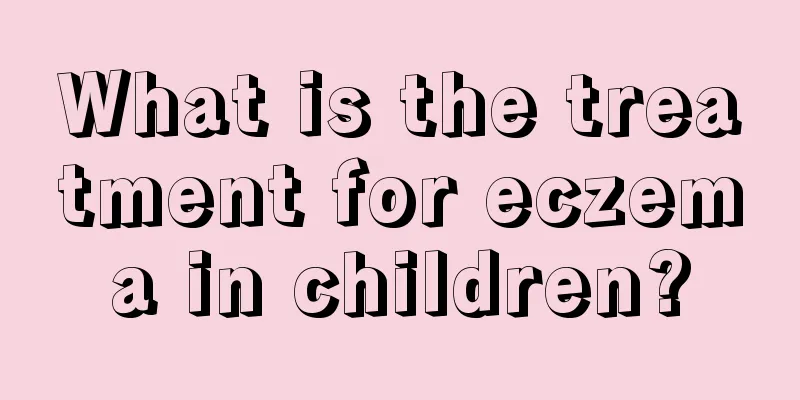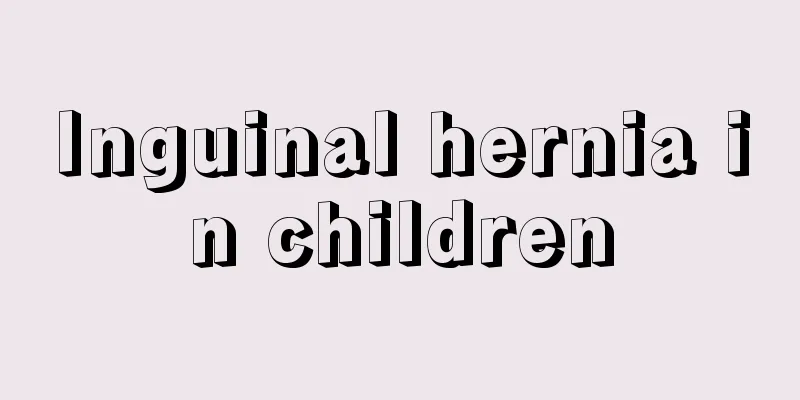What to do if your child's gums are swollen and painful

|
It is quite common for children to have swollen and painful gums. There are many causes for this, such as the child getting angry, or having periodontitis. Not paying attention to oral hygiene often leads to this situation. At this time, you must pay attention to oral hygiene. In addition, you can use some anti-inflammatory drugs for treatment. Be sure to rinse your mouth after eating, etc. Let us take a brief look at it. What to do if your child's gums are swollen and painful 1. Eat warm food and avoid eating too sour or too sweet food. The most suitable temperature for teeth is 35℃-36℃. If you often eat too cold or too hot food with a large temperature difference or too sour or too sweet irritating food, it will cause toothache. 2. Usually, you should use warm tea to rinse your mouth and brush your teeth, because the dental pulp nerves are sensitive to temperature, especially teeth with worn teeth and exposed dentin, which can cause toothache when exposed to cold stimulation. Therefore, brushing your teeth and rinsing your mouth with warm water is the best choice. 3. Using garlic to relieve pain is also a good choice. Sometimes the gums are painful and obvious, you can use garlic to relieve the pain. This folk remedy is very effective. 4. You must pay attention to the choice of toothpaste. It is best to use some acid-resistant toothpaste and some anti-allergic toothpaste in normal times. This is because these two types of toothpaste contain fluoride, which can prevent teeth from dephosphorization and decalcification in an acidic environment, and has the effects of anti-acid, anti-aging, and pain relief. What causes swollen gums? 1. Gingivitis and periodontitis: These are the most common causes of swollen and painful gums. They are usually caused by poor oral hygiene and incomplete cleaning, which leads to the accumulation of dental plaque and tartar, irritating the gums and causing oral inflammation. Symptoms of swollen and painful gums appear, and the swelling and pain will become more obvious as the inflammation worsens. 2. Tooth decay: If tooth decay is not treated in time, pulpitis will occur, which will damage the pulp nerves and cause apical periodontitis, thereby causing swollen and painful gums. 3. Food embedding: If the gaps between teeth are large, or the edges of dentures are not tight, food can easily become embedded in the teeth when eating. If you do not pay attention to cleaning for a long time, it will cause inflammation, leading to swollen and painful gums, accompanied by bad breath. 4. Endocrine reasons: Some women may experience swollen and painful gums due to endocrine disorders, menstrual period, and pregnancy due to hormonal changes. 5. Physical diseases: Some systemic diseases, such as leukemia, scurvy, hemophilia, pernicious anemia, etc., can also cause symptoms of swollen, painful and bleeding gums. |
<<: What to do if your child's head is swollen
>>: What to do if your child's hand is swollen
Recommend
What should I do if my two-year-old baby is timid?
There are many reasons why a two-year-old baby is...
Treatment for dry and cracked skin on the legs
Maybe we all don’t know much about the problem of...
Several recipes for middle school students to lose weight
Obesity has become a big problem that troubles ma...
How to deal with redness of the vulva of a baby girl
If parents are not careful in care, the baby girl...
Symptoms of convulsions in two-month-old babies
Every change in the baby after birth is watched b...
What is the massage method for children with cold and fever?
If a younger child catches a cold and has a fever...
How long can a newborn baby be exposed to the sun?
"Confinement period" is something most ...
What is going on when a child picks his belly button?
Babies are not only very curious about the outsid...
What should I do if my baby has phlegm in his throat at 15 days old?
There must be a reason why the baby has phlegm in...
Taboos for babies to eat lactoferrin
Many mothers do not have enough breast milk durin...
How many days does it take for a child's synovitis to heal?
Many people think that children will not suffer f...
What are some methods to relieve cough in children?
Children often have symptoms of coughing. There a...
Can children's freckles really be removed?
Every parent hopes that their child will grow up ...
How to safely add complementary food to babies with allergies
It is not difficult to find that among newborns t...
What will happen if your baby is allergic to medicine?
We all know that babies grow and develop very fas...









